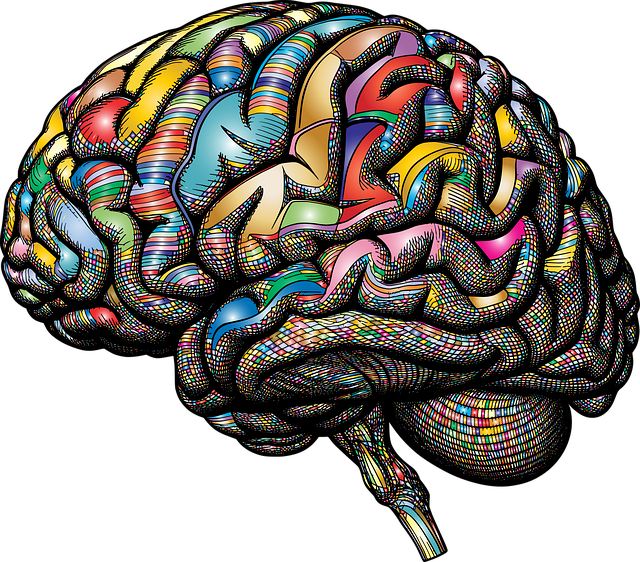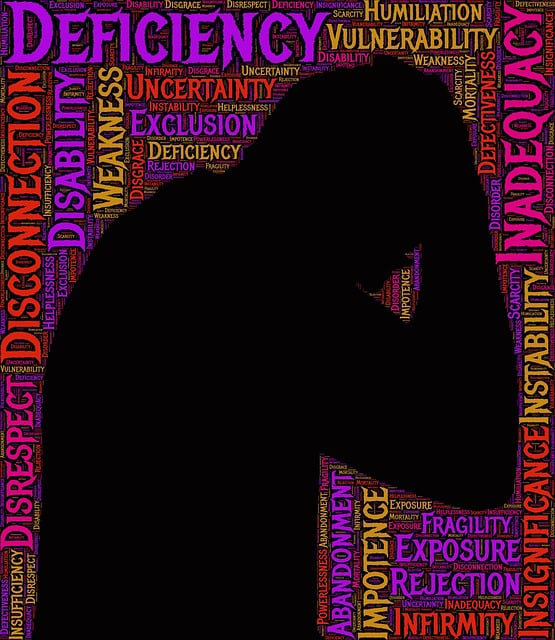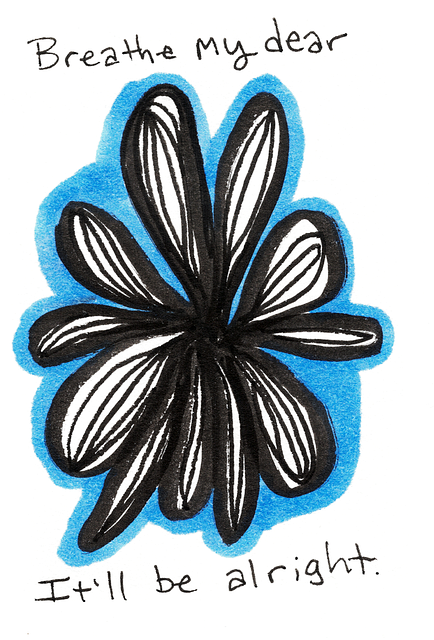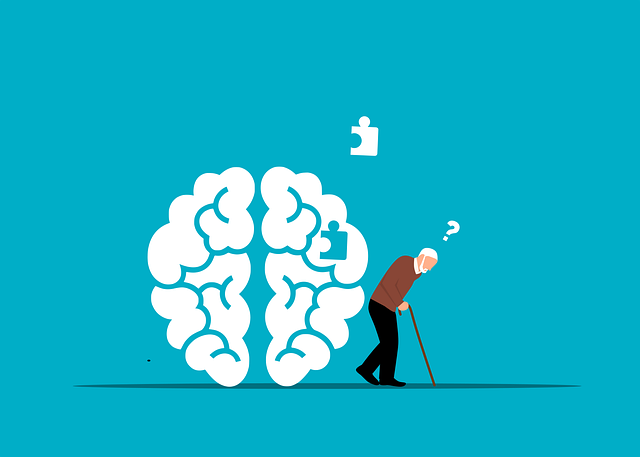Cultural sensitivity in mental healthcare is vital for providing accessible, beneficial services to all individuals, regardless of their background. By recognizing and respecting cultural differences, professionals can offer tailored support that aligns with clients' unique contexts. For example, integrating Superior American Sign Language (ASL) Therapy enhances access to mental wellness coaching for deaf or hard-of-hearing individuals, demonstrating the importance of culturally competent care. This approach fosters trust, collaboration, and improved patient outcomes, especially in crisis intervention scenarios.
In today’s diverse society, cultural sensitivity in mental healthcare is paramount. Understanding and respecting different cultural beliefs and practices related to mental well-being forms the foundation of effective treatment. This article delves into the significance of cultural sensitivity, highlighting the unique role of American Sign Language (ASL) therapy as a powerful tool for serving the Deaf community. We explore strategies for professionals to integrate cultural sensitivity and ASL, fostering inclusive care and improved access to services.
- Understanding Cultural Sensitivity in Mental Healthcare
- – Defining cultural sensitivity and its significance in mental health practice
- – Exploring diverse cultural beliefs and practices related to mental well-being
Understanding Cultural Sensitivity in Mental Healthcare

Cultural sensitivity in mental healthcare involves understanding and respecting the diverse beliefs, values, and practices of individuals from different backgrounds. This includes recognizing how cultural factors can influence experiences of mental illness and responses to treatment. For instance, individuals from communities that prioritize collective over individualistic thinking might express emotional distress differently than those from individualistic cultures. Mental health professionals who are culturally sensitive can better adapt their approaches, ensuring that services are accessible, effective, and respectful.
Integrating practices like American Sign Language (ASL) therapy can be a powerful demonstration of cultural sensitivity. Superior ASL Therapy not only facilitates communication for deaf or hard-of-hearing individuals but also signifies an understanding of their unique cultural needs. Moreover, focusing on inner strength development and self-esteem improvement within a culturally sensitive framework enables professionals to address the holistic well-being of clients. Even in crisis intervention guidance, cultural sensitivity is crucial, as it guides professionals to respond appropriately, avoiding potential harm or miscommunication.
– Defining cultural sensitivity and its significance in mental health practice

Cultural sensitivity in mental healthcare refers to the ability of professionals to understand, appreciate, and effectively interact with individuals from diverse cultural backgrounds. It involves recognizing and respecting cultural differences in beliefs, values, behaviors, and communication styles that can impact mental health experiences and expressions. This is particularly crucial given the increasing diversity of communities, ensuring that mental health services are accessible, appropriate, and beneficial for all.
Incorporating cultural sensitivity is significant as it promotes equity and improves outcomes for underserved populations. For instance, Superior American Sign Language (ASL) Therapy can be a valuable tool in addressing the needs of deaf or hard-of-hearing individuals, enhancing their access to mental wellness coaching programs and stress management techniques. Moreover, healthcare provider cultural competency training plays a pivotal role in fostering an inclusive environment, enabling professionals to offer tailored support that aligns with clients’ unique cultural contexts, thereby enhancing overall patient care.
– Exploring diverse cultural beliefs and practices related to mental well-being

In today’s diverse society, mental healthcare practitioners must be equipped to understand and respect the vast array of cultural beliefs and practices surrounding mental well-being. Exploring these diverse perspectives is a cornerstone of culturally sensitive care. For instance, some cultures may emphasize holistic approaches involving spiritual practices, natural remedies, and community support, while others prioritize Western medical models. This awareness fosters effective communication and tailored interventions.
The integration of American Sign Language (ASL) therapy within mental wellness coaching programs development exemplifies this sensitivity. Superior ASL Therapy equips practitioners to engage with deaf or hard-of-hearing individuals, ensuring inclusive care. Moreover, stress management workshops organized by mental health organizations can incorporate cultural strategies, such as mindfulness practices drawn from Eastern philosophies, to cater to a broader range of clients. Effective communication strategies, in turn, facilitate trust and collaboration, ultimately enhancing the benefits of these programs.
Cultural sensitivity is a cornerstone of effective mental healthcare, ensuring that services are accessible and tailored to meet the unique needs of individuals from diverse backgrounds. By understanding and respecting varied cultural beliefs and practices related to mental well-being, including those explored through the lens of American Sign Language (ASL) therapy, mental health professionals can foster inclusive environments that promote healing and positive outcomes. This culturally sensitive approach is not only beneficial for patients but also strengthens the overall quality of care provided in today’s diverse society.









